Category: Climate Change
-
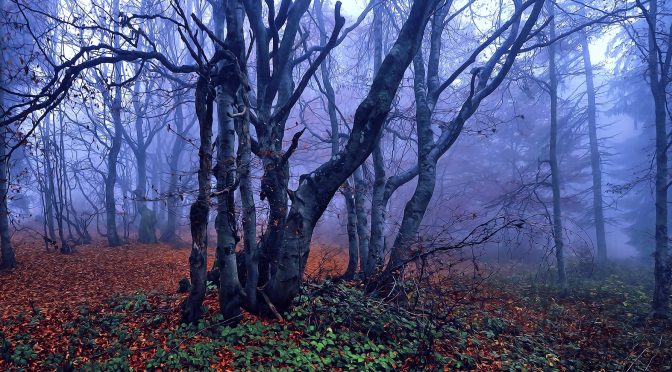
A New Disease Is Spreading Among Beech Trees
“It’s hard at this point to say where this disease will go, but it has all the hallmarks of something like emerald ash borer or sudden oak death, threats to trees that start slowly and quickly pick up speed. We seem to be in that rapid expansion phase right now,” (Click on title for full…
-
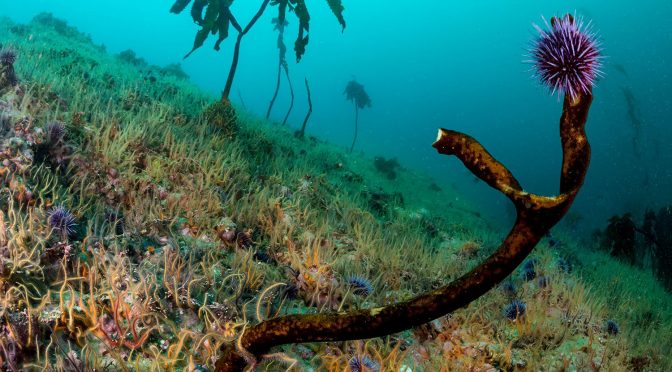
Kelp Forests Are Disappearing Due To Complex Environmental Changes Spurred By Climate Change
Already, Maine’s forests of sugar kelp, a source of the sweetener mannitol, have experienced temperature-linked declines. And in Tasmania, kelp forests have succumbed to a purple urchin outbreak. Here in Albion, they’re trying to avoid a similar fate. (Click on title for full story.)
-
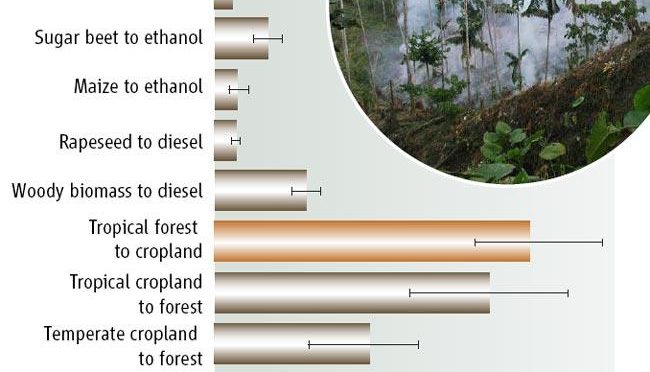
Which Approach Is Better For Limiting Climate Change: Switching To Biofuels Or Planting Forests?
They found that reforestation would sequester between two and nine times as much carbon over 30 years than would be saved by burning biofuels instead of gasoline (see bar chart, right). “You get far more carbon sequestered by planting forests than you avoid emissions by producing biofuels on the same land,” (Click on title for…
-
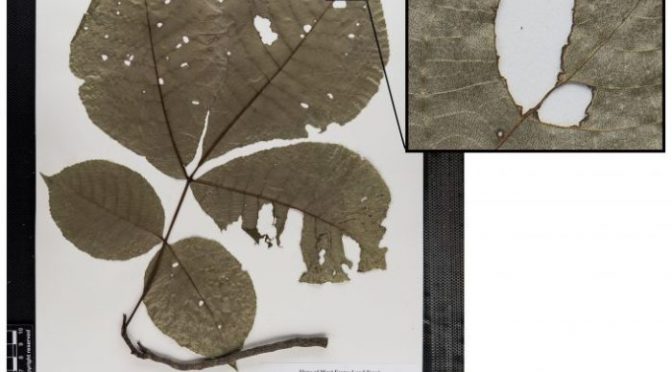
They Will Out-Eat US: Climate Change Is Causing Greater Insect Damage To Plants
The data also showed that insect damage was greater following warmer winters and at low latitudes, suggesting that the higher temperatures driven by climate change could be a factor driving insect damage. “The overwhelming pattern is that across these four different plant species, with different life histories, insect damage is increasing over time,” (Click on…
-
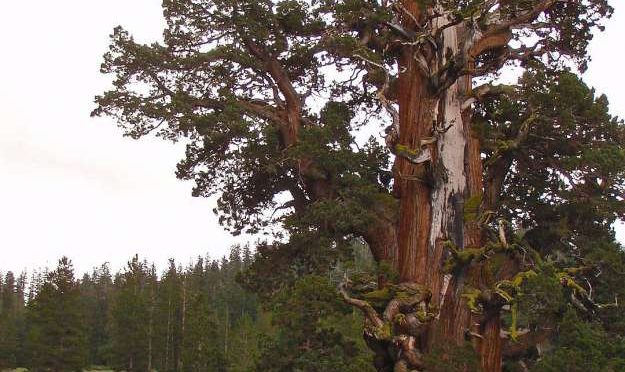
California Wildfires Threaten Largest And Very Ancient Juniper
“I know some folks like to say 6,000 but that’s probably too high. It’s in the range of 2,ooo to 4,000 years old.” (Click on title for full story.)
-
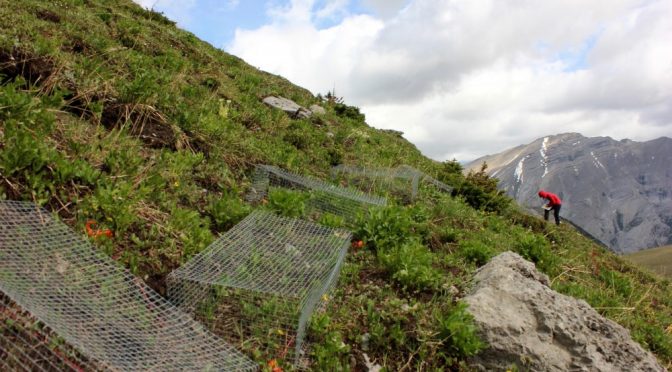
End Of The Line: Unsuitable Soils Will Halt Trees’ March Northward Due To Climate Change
It’s long been thought that climate change is enabling treelines to march farther uphill and northward. But it turns out that climate warming-induced advances may be halted by unsuitable soils. It is an important finding for resource managers looking to preserve individual species or entire ecosystems. (Click on title for full story.)
-
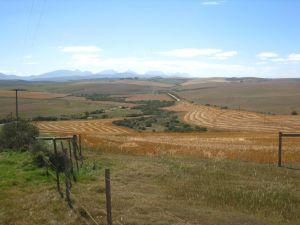
More Farmland Will Result In More Climate Change?
If forests are cut down in favor of arable land and pasture land, it reduces the capacity of plants and soil to take up CO2. “The wood in a forest can store more CO2 than corn for example,” explains Arneth who in her research deals with the interaction between the atmosphere, plants and soil. If…
-
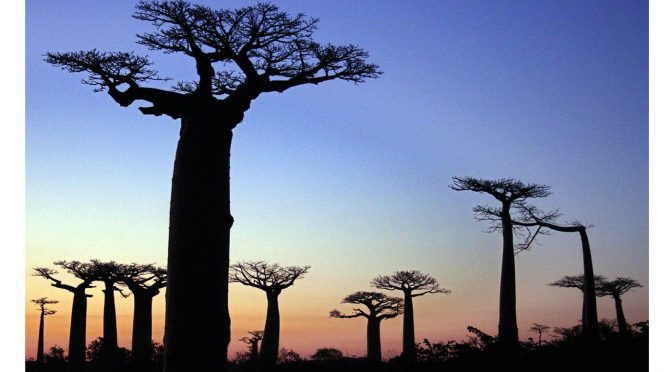
The Oldest Ones Are Leaving Us: The Mass Death Of Africa’s Iconic Tree
“The deaths of the majority of the oldest and largest African baobabs over the past 12 years is an event of an unprecedented magnitude,” the scientists wrote. “These deaths were not caused by an epidemic and there has also been a rapid increase in the apparently natural deaths of many other mature baobabs.” (Click on…
-
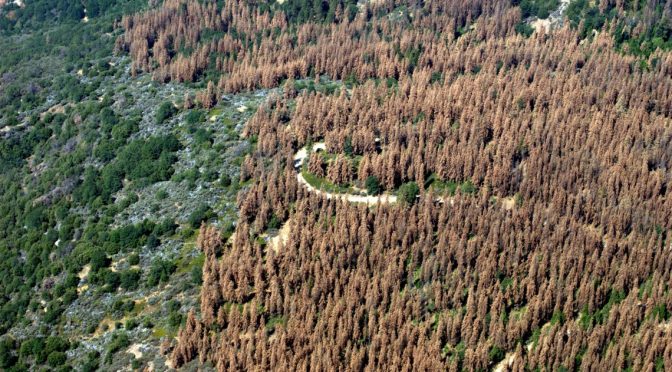
Silvan El Nino: Massive Forest Loss In One Region Has Continent-Wide Repercussions
Forest loss is disrupting or changing the flow patterns in the atmosphere that is leading to a slightly different summertime climate in the eastern part of the country, It’s very analogous to El Niño or ‘the blob,’ something that’s occurring that causes the atmosphere to move around, which causes these warmer or cooler conditions, or…
-
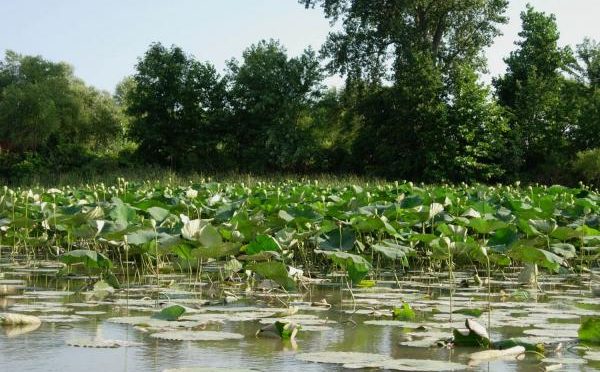
As Climate Warms, Freshwater Lakes’ Vegetation Will Change Releasing More Climate-Warming Gases
Studies suggest wetland plants will gain an advantage as the climate warms, thus accelerating methane emissions in freshwater ecosystems. Freshwater ecosystems currently account for approximately 16 percent of the Earth’s methane. Authors of the latest study expect that number to grow as the planet gets hotter. (Click on title for full story.)
